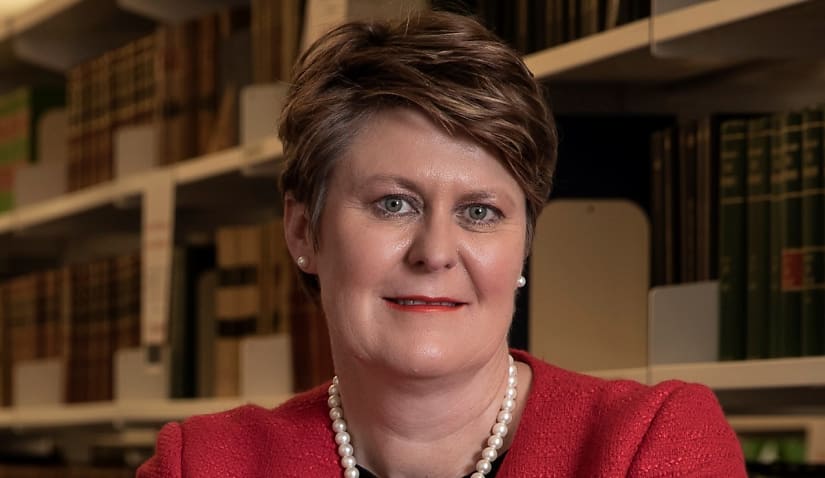New data from the Law Society of NSW has shown a concerning level of public trust in lawyers, judges and the legal system.

While 60 per cent of people have trust in the legal system, 16 per cent are neutral, and 20 per cent don’t at all, new research presented at the inaugural Law Society Conference has revealed.
“While the data showed around 60 per cent of respondents trusted lawyers, judges and the legal system as an institution, it’s obvious there remains room for improvement,” she said.
“Any political party or aspiring Prime Minister would be over the moon with polls showing 60 per cent support in the lead up to an election. But these figures reflect attitudes to a system that is crucial to the proper, orderly and fair functioning of a nation under the rule of law.
“Lawyers, who are parliamentary counsel, draft the laws debated by parliaments that result in legislation governing the entire community. Lawyers, who are judges, apply the law in their judgments. Solicitors and barristers work to resolve disputes arising under those laws and advise government, business and individuals how to operate within those laws,” Ms van der Plaat continued.
The data was gathered by global communications firm Edelman, commissioned by the Law Society to conduct a survey of over 1,000 NSW citizens to gauge their opinions on the trustworthiness of lawyers, as well as how respondents decide to seek legal advice and from whom.
And particularly post-pandemic, trust has been critical for litigators and law departments in order to build collaborative relationships.
“The data should give pause, not only to lawyers, but also to leaders in politics and the media, to examine how their words and actions might be affecting public confidence in the administration of justice,” Ms van der Plaat added.
“Unjustified media and political criticism of judicial officers’ can only erode this confidence, particularly when propriety demands that judges and magistrates do not defend themselves in the public arena but must let their judgments speak for themselves.”

Lauren is the commercial content writer within Momentum Media’s professional services suite, including Lawyers Weekly, Accountants Daily and HR Leader, focusing primarily on commercial and client content, features and ebooks. Prior to joining Lawyers Weekly, she worked as a trade journalist for media and travel industry publications. Born in England, Lauren enjoys trying new bars and restaurants, attending music festivals and travelling.